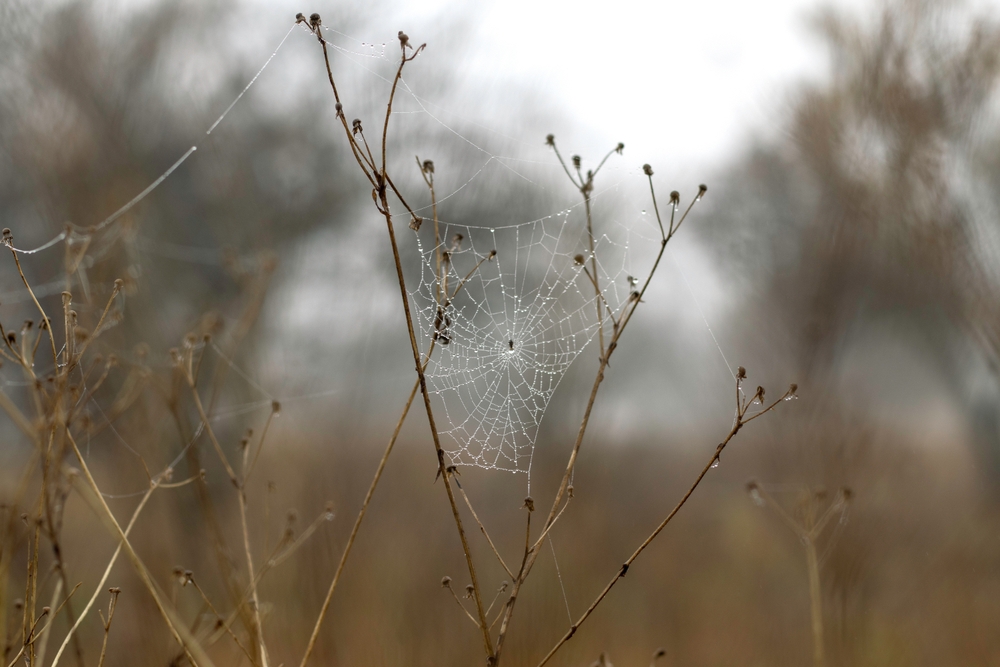The Difference Between Reality and Truth
Joel Salatin|February 8, 2022

Editor’s Note: One of Manward’s investing maxims is, “If you do what everyone else does, you’ll get what everyone else gets.” Today, Joel has a critical take on that idea… that if we accept the narratives in front of us without looking for alternate ideas or perspectives… it will lead us nowhere good. Check out his thought-provoking essay below, and share your thoughts on it at mailbag@manwardpress.com.
Veterinarians in Russia have been experimenting with virtual reality (VR) goggles. They’re using them on cows in confinement dairies to see whether a video loop of sunny, bucolic pastures will lead to a higher milk yield.
It does. Significantly.
A Turkish farmer duplicated the research on his dairy and saw his VR goggle-equipped cows ramp up production from 5 gallons of milk a day to 7 gallons.
That’s huge. The goggles apparently make the cows think they’re in a better situation, and that causes them to yield more milk.
What an interesting ethical situation. The exploited cows, denied fresh air, sunshine, grass, and any other semblance of natural herbivore life and habitat, think they are in a happy place.
Part of me appreciates that these abused, exploited cows can have their thinking modified to give them happiness.
But the flip side is more sinister. These cows could now be exploited more… but be satisfied in the process.
Is it worse to be exploited and know it… or to be exploited and not know it?
Truth vs. Reality
The striking thing about this is the power of VR goggles. The power of alternate reality is truly remarkable.
If it’s this powerful on cows, what about humans?
Obviously the cows do not know they are experiencing an alternate reality. Do we as humans realize we’re donning goggles of alternate reality when we uncritically accept media narratives?
During my brief stint as an investigative journalist on a newspaper staff, the other reporters had a cardinal rule regarding enigmatic goings-on in our local government: “If I don’t understand it, it didn’t happen.”
My mentality was the opposite. I said, “If I don’t understand it, I assume someone is trying to pull a fast one and is orchestrating a confusing narrative to make truth-finding too difficult to pursue.”
My former colleagues’ “didn’t happen” thinking pervades the entire news industry at every level.
This is why John Stuart Mill’s “marketplace of ideas” is foundational to societal integrity.
Most things have a false, narrative-driven side. In order to discover truth, we must preserve our freedom to express alternative narratives.
At no point is this more important than in times of cultural disturbance.
Freedom of Ideas
Peter Bane wrote a wonderful sentence in The Permaculture Handbook: “In times of epochal change, the most important freedom to preserve is the freedom to try new ideas.”
It is not partisan to say that we are in the middle of an epochal change. Everyone senses that we’re on some sort of precipice, a tipping point. We don’t know what’s on the other side, but we do know we’re in a time of major change.
The assault against the comedian and podcaster Joe Rogan is symptomatic of people who don’t want to take off their goggles.
Nothing could be more destructive to cultural progress than denying ourselves access to other perspectives.
I grew up, for example, memorizing the Manifest Destiny view of American colonization. After viewing history through some other goggles, I came to understand that this exploitative view of conquest gave little credence to the importance of Native American culture.
Nothing positive can be gained from denying people easy access to as many ideas as possible. This is why the social media giants like Facebook and Google need to be treated like utilities, which is what Congress enabled by freeing them from liability.
The phone company does not ask me about my ethnicity or political biases when I ask for a phone hookup. It can’t. If I have the money, it has to turn my line on.
But the big social media giants are trying to have it both ways. They love liability and libel protection, but they deny service to certain folks who want to use their utilities. As a result, our entire nation suffers from a poverty of ideas.
What could possibly be wrong with giving ideas a platform?
Historically, the lunatic fringe eventually becomes more accepted. The more people are denied access to the lunatic fringe, the fewer options they have.
In our culture, orthodox goggles are now more ubiquitous than ever.
Certainly this is not the first time that alternative ideas have been stigmatized and thwarted by the powers that be.
But never before have we worn such invasive and visceral goggles.
We should all think twice before adopting any perspective too vehemently.
Until you’ve worn the other side’s goggles, be careful about assuming your reality is the right one.

Joel Salatin
Joel Salatin calls himself a Christian libertarian environmentalist capitalist lunatic farmer. Others who like him call him the most famous farmer in the world, the high priest of the pasture, and the most eclectic thinker from Virginia since Thomas Jefferson. Those who don’t like him call him a bioterrorist, Typhoid Mary, a charlatan, and a starvation advocate. With a room full of debate trophies from high school and college days, 12 published books, and a thriving multigenerational family farm, he draws on a lifetime of food, farming and fantasy to entertain and inspire audiences around the world.



